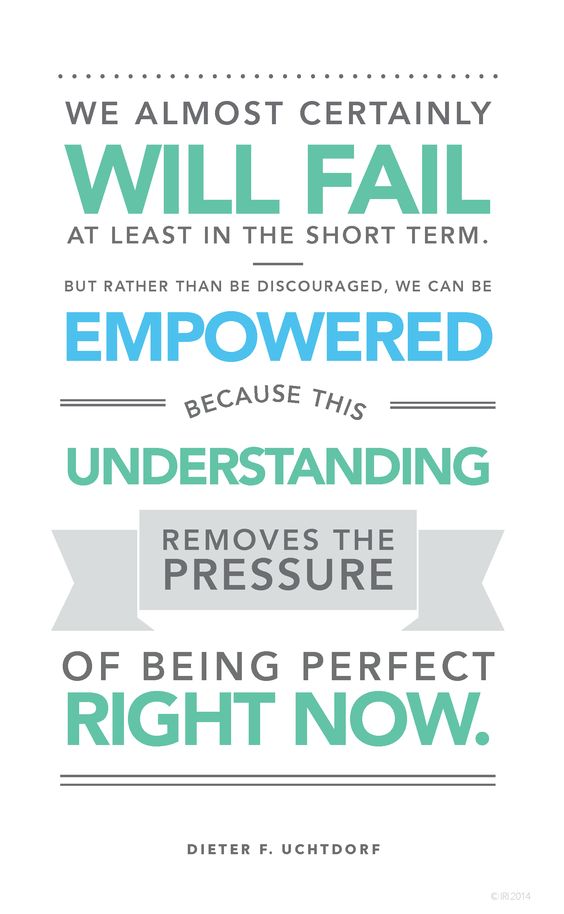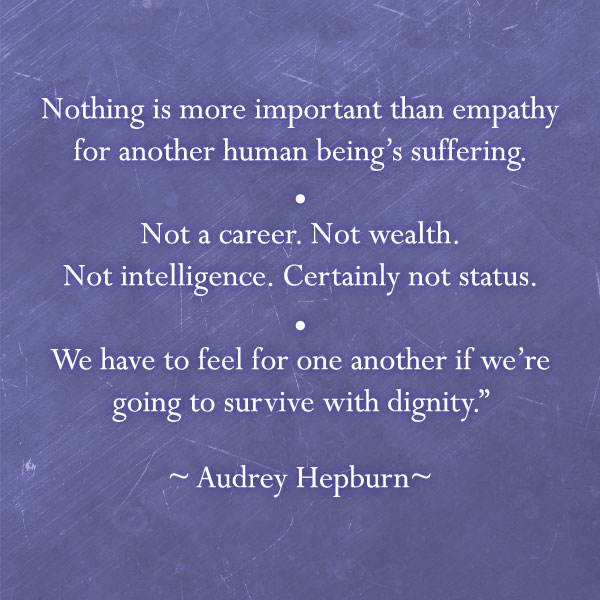Parenting Sons to Teach them Compassion
Two strikes.
Players on second and third.
Last inning, 2 outs.
Swing and a miss.
Third strike: game over.
Braden just stood there at the plate: bat in hand and shoulders slumped, listening to the other team cheer and celebrate. He lined up with the other players with his head held low as he slapped the hands of the other team members, reciting over and over “good game.”
 Helping his dad put the equipment in order, he waited till the last of his teammates left. Finally alone, Braden let out one big crocodile tear—unable to hold it in any longer.
Helping his dad put the equipment in order, he waited till the last of his teammates left. Finally alone, Braden let out one big crocodile tear—unable to hold it in any longer.
I ached to rush to him, throw my arms around him and tell his seven year old heart it was all going to be ‘OK’—but I didn’t. Instead, I watched his father take a knee and ask his son what was wrong.
“We lost because of me,” tears trailing down his dust-stained face.
“The score was 12 to 1 son—there was no way we were going to win that game even if you had hit a home run. That’s a lot of pressure to put on yourself.”
“But I struck out all seven times I was at bat.”
“And I’m sure that you’ll strike out again—many times in fact—but that isn’t the point.”
“I let my team down.”
“No, you didn’t. Everyone tried their best; you played as a team. Which means you sometimes win as a team and sometimes you lose as a team.” Then when reasoning wasn’t enough, his dad placed a hand on his small shoulder and told him it was OK to be sad. It was OK to cry.
After a few seconds, Braden sniffed his last sniff, gave his dad a good-bye hug and sauntered off to me for our time together. I asked him if he wanted to talk about it, and he just said that it was going to be OK, “I just need to be sad for a bit.”
At the ice cream parlor, he started to act more like himself, laughing about how his step brother kept making faces at him during the game and that he wanted a chocolate sundae without the yucky cherry.
Finding a seat, we passed a family from the winning team. Braden took a second to tell the boy that he “played good.”
And that was it. Whatever he had felt: the disappointment, the shame and embarrassment, he no longer carried. He had moved on, and in doing so was able to show good sportsmanship and a simple act of kindness.
At the next game when the other team utterly obliterated them, Braden was too busy having fun to even think about feeling upset. I noted the change in attitude—recalling how the previous week I had watched on the side-lines grateful that his father knew exactly what needed to be said. Not only to ease the burden, but to show his son how to get through it.
Too many times our little boys are told to “man-up.”
“Only babies cry.”
While I don’t agree with parents’ exaggerated coddling and over-compensation to help make up for the disappointment that kids will inevitably face—I do see a need to re-program how we are reacting to and treating our boys and their emotions: because they do have them.
In fact, they are supposed to have them.
1. Just listen
 We need to be there for them, try to help them understand what it is they are feeling and that it’s natural to feel that way. When our feelings are validated, we are then able to learn from them. When parents dismiss the emotions, they are dismissing the child. If he is never allowed to express himself, he is denied the opportunities to understand, cope, and help himself heal in a healthy way.
We need to be there for them, try to help them understand what it is they are feeling and that it’s natural to feel that way. When our feelings are validated, we are then able to learn from them. When parents dismiss the emotions, they are dismissing the child. If he is never allowed to express himself, he is denied the opportunities to understand, cope, and help himself heal in a healthy way.
2. Teach him how to recognize stressful situations
 We need to teach them to face it head on—not to deny it, run away from it, or sweep it under the rug. Giving our sons the tools to work through their stresses helps build the confidence they need to meet the next road block on their own.
We need to teach them to face it head on—not to deny it, run away from it, or sweep it under the rug. Giving our sons the tools to work through their stresses helps build the confidence they need to meet the next road block on their own.
3. Life’s challenges can be handled with emotional maturity
 Our sons will face many decisions in their life: to go on a mission, to be the providers for their families, and to be worthy priesthood holders. These personal choices can turn into pressure-fueled expectations that can cause anxiety and self-doubt. If they are taught how to face these decisions with positive support they can endure them with strength, faith, and joy.
Our sons will face many decisions in their life: to go on a mission, to be the providers for their families, and to be worthy priesthood holders. These personal choices can turn into pressure-fueled expectations that can cause anxiety and self-doubt. If they are taught how to face these decisions with positive support they can endure them with strength, faith, and joy.
4. Acknowledging their own emotions builds compassion for others

When they are taught how to express their feelings and recognize emotions in themselves they become aware of others’ struggles and learn to show empathy: thus easing the burdens carried by their family, friends, wife, and children.
It isn’t always simple—life happens, and you can’t always take a time-out in life to attend to your child’s every tear drop or tantrum to patiently guide them through their myriad of emotions. Sometimes kids cry out of pure frustration, because they don’t recognize what it is they are feeling or how to articulate it—which can leave them feeling insecure and vulnerable.
But why is it, as a society, we are more apt to accept our daughters’ tears and not our sons’?
Why do we expect them to be “men” before they’re even teenagers? And what does that even mean: “to man-up”?
The stereotype that strength is rated by lack of emotion is dangerously over-simplified and neglectful at best. Instead of holding back the tears—why can’t they acknowledge that they have the capacity to feel and the empowerment of emotional awareness?
It isn’t just up to the mothers to help their sons emotionally mature: they need their fathers to show by example that empathy and compassion are necessary tools to strengthen our homes and communities. As a team, we can either lose together or we can win together.
Give our sons the strength to be human so they can then be humane.


